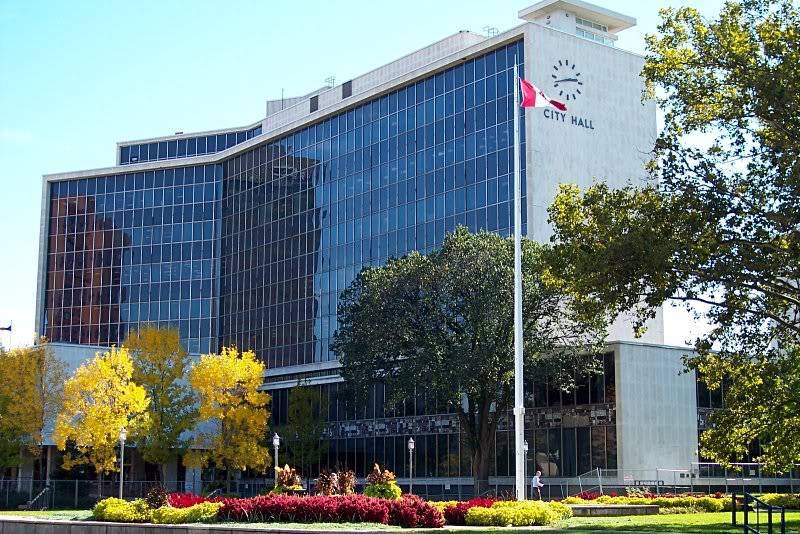The city of Hamilton is taking on the role of a third-party intermediary between renters and landlords who are expected to feel the financial sting of the COVID-19 pandemic in the next month.

The housing office of Hamilton’s social service division recently revealed a list of guidelines for both occupants and proprietors should it be apparent a renter will not be able to pay on April 1.
“The most important message is that we need to have communication between landlords and tenants. If anybody is in a situation where they have an issue with making payment, we’d need to have the conversation,” says James O’Brien, the city’s social services senior project manager.
In a late March statement, the ministry of the attorney general said tribunals reviewing pending eviction matters would not be issuing eviction orders during the new coronavirus pandemic.
O’Brien admits that gives renters a bit of advantage but says one can’t simply expect not to pay rent come April 1.
“Make sure you talk to your landlord sooner rather than later,” O’Brien says.
O’Brien says when negotiating with a landlord, renters will need documentation of an inability to pay and some sort of payment plan idea before speaking with a landlord about deferring rent for April.
“Make sure to have that conversation working out some type of alternative, whether it’s a payment structure that can be in a formal agreement for when an income situation changes later, but making sure that you’re doing as much as we can through dialog.”
For landlords, the city suggests making tenants aware of support available through government programs like Canada’s COVID-19 economic response plan, the housing help centre or the province’s Ontario Works program.
Mike Wood from the tenant advocacy group ACORN Hamilton concurs with O’Brien, saying communication and negotiation with a landlord is key in the short term.
He also advises documenting every correspondence you have with a proprietor.

“Anything in writing is better. So that way you have that evidence moving forward that you’ve tried to do what you could as a renter moving forward,” says Wood.
“If the landlord is not willing to, then you got some kind of evidence space that shows that they’re not actually wanting to work along with you on the issue.”
Wood says the city’s guidelines are helpful in the short term, but renters will need serious aid from the three levels of government sooner than later should the pandemic drag on for more than a month.
“Millions of people have lost their income due to COVID-19 and no government support will be in people’s hands until April sometime,” Wood said.
“You know, if the city is going to be a third-party player in this, then we need to make sure that everybody is looked after.”
Andrew Parashis managing partner at Spotted Properties, who works with about 140 landlords and around 800 tenants, suggests to renters they should pay something if they can’t pay it all.
“Keep in mind that the landlord needs to pay to maintain the property if you don’t pay any rent, how do you reasonably expect them to do it, even though, yes, the landlord has the obligation to do it,” Parashis says.
As of April 1, Spotted Properties has put about 60 people on payment plans who’ve come forward with proof of unemployment.
“We said to them, okay, send us some proof that you’ve been laid off or some document that says this, and we’re going to put you on a payment plan,” said Parashis, “That way we can justify it to the homeowners, the landlords that this is a unique circumstance. We need to be accommodating.”
So far, Parashis says things are good for the April 1 due date with rents coming in as they normally do.
“It’s on track,” said Parashis, “As of right now, 4:00 p.m., I think we’ve collected about 70 per cent of rents. So out of 800 people, that’s not bad. By end of day on the first of the month, we usually have about 80 per cent paid.”
However, the property company may yet face more difficult situations come May 1, according to Parashis.
“Leading up to May is probably going to be the first month where people are continuously unemployed, right? I think it’s really going to hit then. I think that’s where people need to line up for payment plans.”





Comments